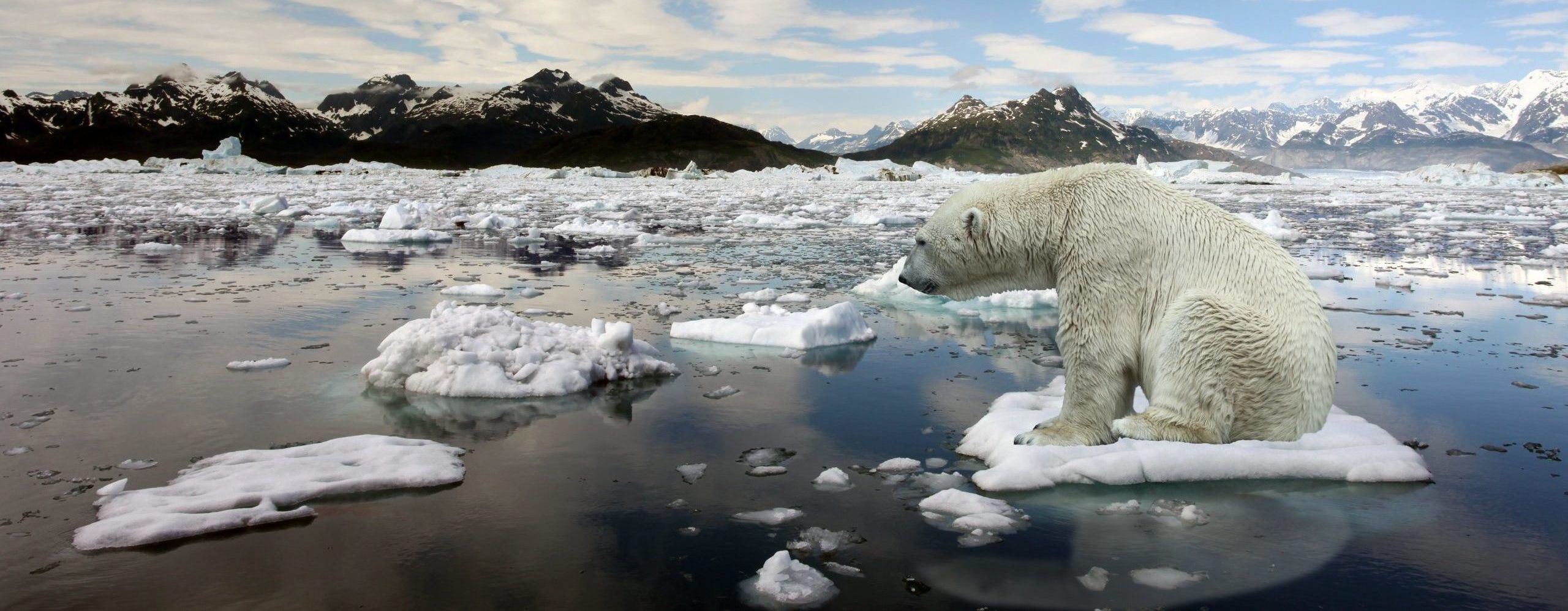#ARCTIC. #SIBERIA. THIS IS TAIMYR. Against the background of frosty weather prevailing over a large territory of the country, Russian forecasters report an approaching global warming.
The facts and calculations speak for themselves – for the entire 130-year history of meteorological observations in our country, almost in all Russian regions, the maximum temperature background was recorded. In the European territory of the country, the average temperature exceeded the norm by three degrees, in the Asian part – by 3.5 degrees.
The most significant anomalies were recorded in traditionally cold regions. The average values in the north of the Urals, Siberia, and Yakutia are exceeded by more than five degrees. The record holder among all was Taimyr, where the average annual temperature are exceeded by seven degrees.
Scientists called the past year the warmest in the history of meteorological observations for the entire Northern Hemisphere of the Earth. Europe has been hitting temperature records for three years in a row. In general, for the planet, 2020, according to the World Meteorological Organization, became one of the three warmest in the history of meteorological observations. The past year can compete for leadership with 2016 only.
At the same time, each subsequent decade, starting from the 80s of the last century, is warmer than the previous one, that is, the tendency of the planet global warming up is clearly traced.
“Today we are having a warming of 1.2 degrees and are already witnessing unprecedented extreme weather conditions in every region and on every continent. In this century, we are heading for a catastrophic rise in temperature of three to five degrees Celsius”, said UN secretary general Antonio Guterres with alarm.
Meanwhile, the forecast for 2021 contains nothing comforting. Meteorologists believe that it will also be record warm.
Let us remind you that the last year was record-breaking warm for Norilsk. In this connection, the ice drift in the Yenisey river started earlier than usual.
According to experts, due to global warming in Russia, the length of the seasons may also change.
Text: Elena Stepanenko, Photo: open sources



